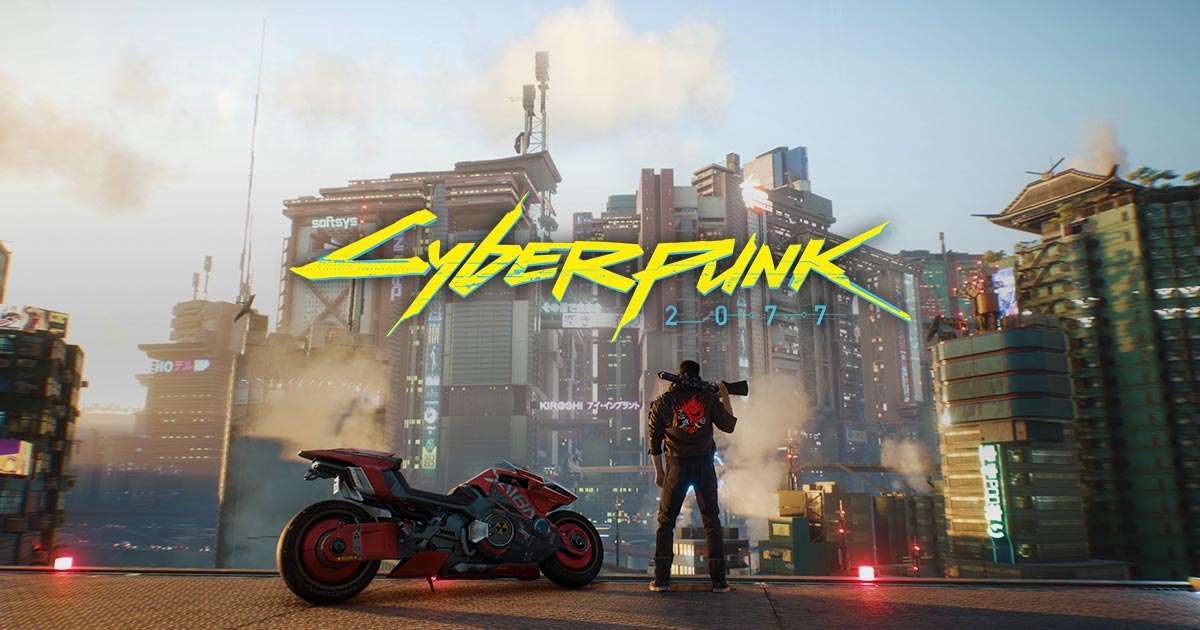This is only accurate for JRPGs. It doesn't really fit the genre as a whole.
JRPG's like Final Fantasy where the NPC's don't react in a realistic manner really only reflects 1 sub-genre of RPG's. A highly popular sub-genre to be sure, but if you exclude JRPG's from the mix then there may actually be more instances where NPC's do react to you within the overall RPG space. After all, as much as RPG's are about telling a story and loot, the foundation of the entire genre is from those old table top D&D games where you tell your character's story and see how the world plays out in accordance to those actions.
RPG's like Baldurs Gate, Divinity, and many others have very drastic NPC interactions on display. If you murder someone in cold blood or even execute someone as part of a mission (while being given to option to let them go or simply arrest them) can make all of the NPC's in a town treat you differently.
Taking out your sword in Skyrim may cause some people to run away, fight, or simply be wary of you. If your various actions create a certain amount of infamy in many of these open world sandbox rpg's then NPC's will alter their behavior towards you. Merchants may hike their prices up or even refuse to do business with you altogether if your actions receive a certain notoriety, and others may give a discount if they like you.
These are all simplistic explanations of just a few of the many games that do offer that immersive world. This may seem like arguing semantics, but when the developer says in a 2018 gameplay release "We've greatly enhanced our crowd and community systems to create the most believable city in any open world game to date" then I think it's valid criticism to note that RPG's that are 20 years old have more believable crowd and community interaction than what Cyberpunk offers.



Comment